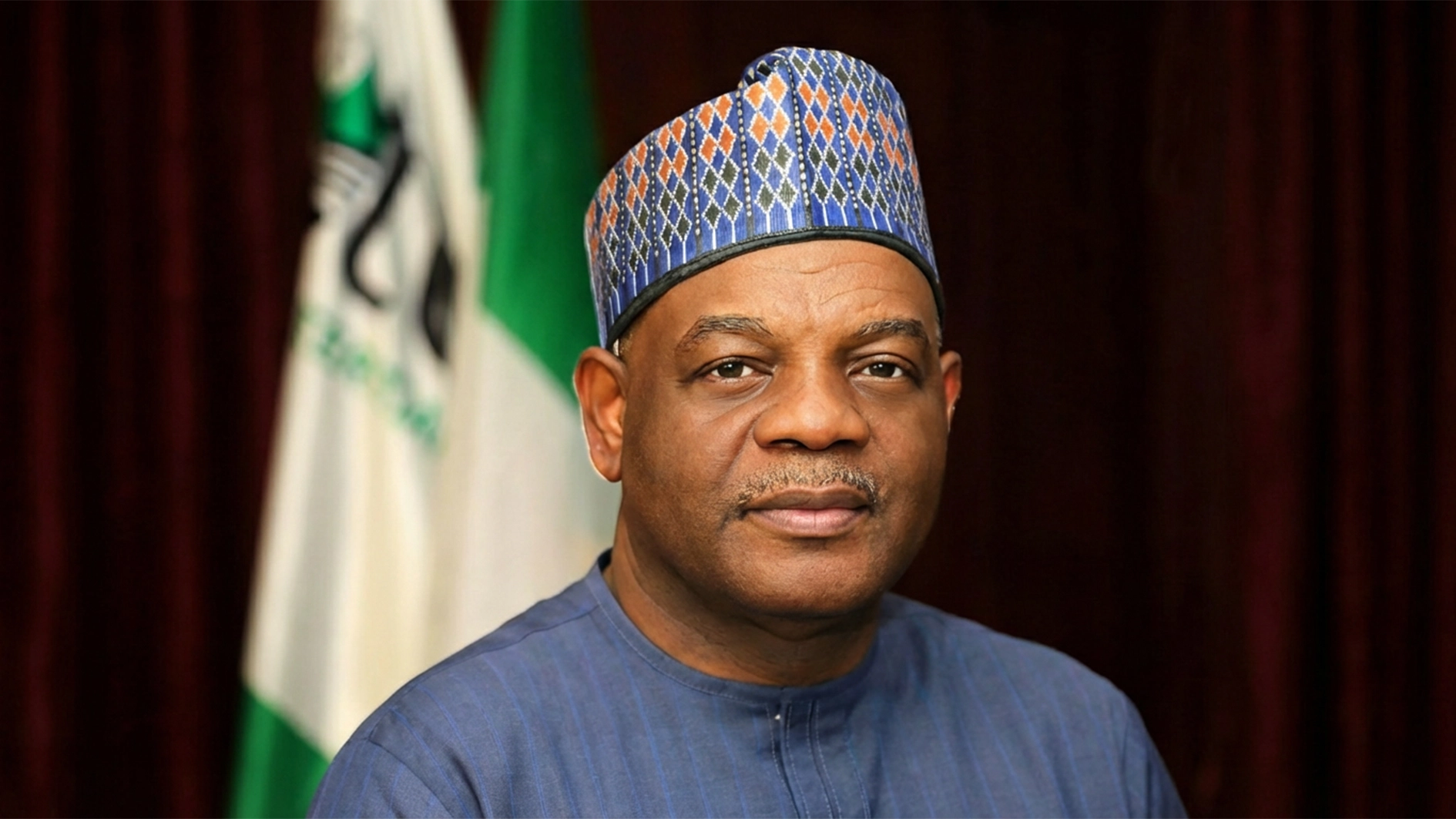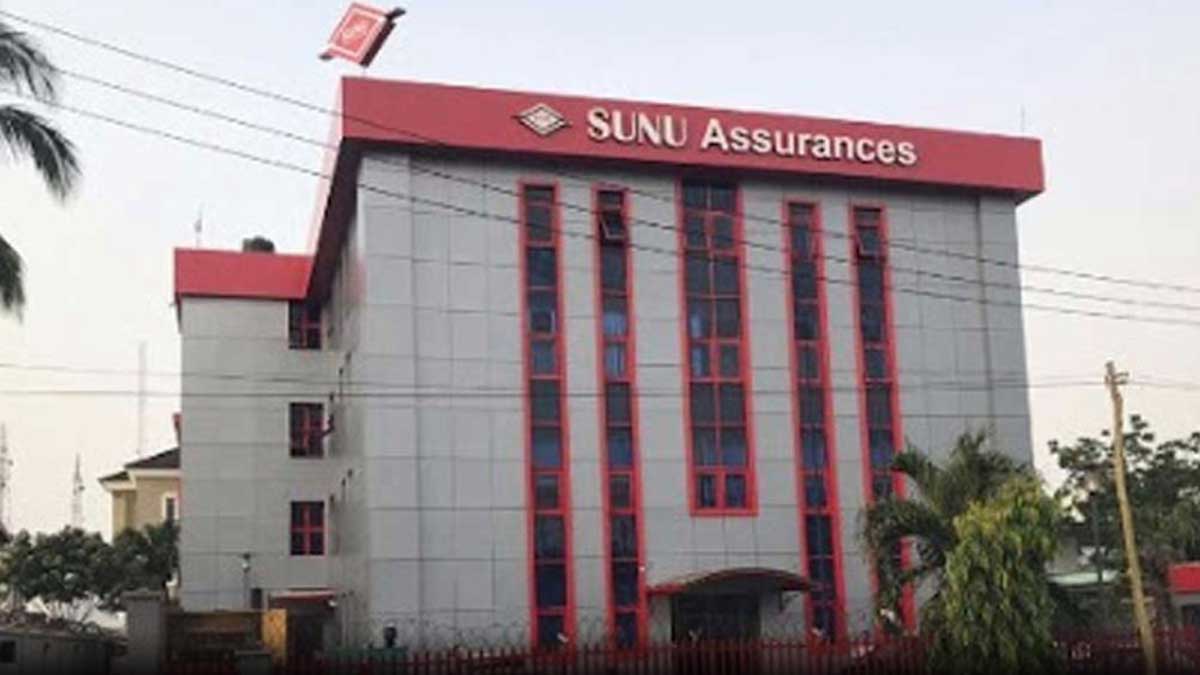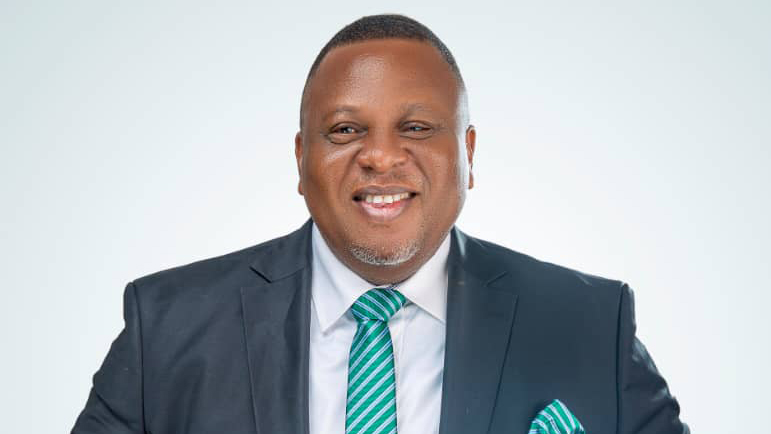
The Managing Director of Cornerstone Insurance Plc, Stephen Alangbo, has over 30 years of experience in the insurance industry. His professional contributions to the industry came to limelight when he won the ‘Top 25 CEOs Award,’ in the BusinessDay award, a recognition that has further given impetus to his desire to change the perception of insurance in Nigeria and its contribution to the economy. In this interview with ONYEDIKA AGBEDO and BANKOLE ORIMISAN, he speaks on the role of insurance in economic development, wealth creation, market innovation, and what Cornerstone Insurance is doing to remain a choice underwriter in the country.
What is the potential of insurance in Nigeria looking at the population and economic growth?
Developed countries have taken insurance very seriously because it protects them from becoming developing countries. If you have proper insurance policies in place when your risk crystallises, your insurance company comes as a support at those difficult times and that is why developed countries give priority to insurance. Developing countries on the other hand remain underdeveloped because of the lack of knowledge on what insurance does to support the economy.
As a country, you do not need to dip your hands in the government’s purse to compensate victims of disasters such as flooding, fire outbreaks and accidents if there is proper insurance in place. Therefore, developing countries need to understand that insurance is critical as they aspire to develop as a country. Insurance should be part of the development because it gives comfort such that when there is a risk, you are sure there are insurance companies that will comfort victims and pay their claims.
There are instances of individuals who were rich in the past, but today are poor because they had mishaps that drained all their wealth and could not return to their former financial position before disaster struck, just because they did not have insurance. Whereas if they had taken normal insurance policies, they would have been placed back in the position they were before the loss.
Now, people must begin to have a changing mindset such that when the economy becomes challenging, they pay their insurance premium because that is the time insurance is needed most because there is a lot of uncertainty. If you are able to have some of your risks covered, it means that you can boldly embark on your business and take some risks to be able to grow or come out from the economic challenges.
Given the level of penetration of insurance in Nigeria, what is the potential of the industry in terms of new investment and growth?
The insurance penetration in Nigeria is very low and that is an indication for a wise investor to know that the potential of the market is huge. Because penetration is low, any little improvement to increase penetration will give a lot of rewards to wise investors. All we need to do is to ensure that we have a culture of insurance. The government, through the regulatory and enforcement authorities, has to increase their oversight functions to ensure that more people are mobilised into the insurance net.
In Nigeria today, to drive your car, you need a minimum of third-party insurance; motorists are complying and it could be better. The rate of compliance has risen compared to four years ago since people know they can be sanctioned for violation, which points to an improvement in adoption.
The same goes for employees in an organisation who do not have group life insurance in place. There’s also a sanction prescribed in the Pension Reform Act (2014), which made it mandatory for employers of labour to have a group life insurance policy in place for their employees, and compliance in this category has risen as well.
Insurance of public buildings is becoming compulsory and many states are now domesticating and adopting it. This is good for the economy because we have had cases of building collapse across the states with huge losses on investment and victims left poor again.
What insurance does is that before you insure a property or an asset, the insurance company also assesses the asset to see if it is insurable. And for a contractor who is involved in the construction of public buildings, there are specifics that the insurance company will want to see in the property. So, that gives you some measure of caution in ensuring that you use quality materials in building your houses. Similarly, there are some risk mitigation or risk assessments that are done to give you snippets on how to prevent fire, for example, in buildings and you can be given a discount for having some of these measures like a sprinkler or fire extinguisher in the houses. That will be an encouragement for you to pay a lower premium and that in essence makes you to be conscious of the environment and it’s better for the nation. Therefore, in this sense, the nation is not losing resources because of fire since there have been some precautionary and conscious efforts to prevent losses, which have been drawn to the attention of the property owners.
So, all these have a lot of implications for the development of a nation, and by the time people appreciate insurance, investors who see the improvement in premium generation in the sector will be attracted to invest more. As a result, the fund is built such that insurance companies can invest in infrastructure, invest in technology to enhance distribution, and the insurance business is made to expand, hence growth in the economy.
Market fire has been on the rise in recent times, resulting in huge losses for traders. What would be your advice to Nigerians to mitigate this kind of loss and what is the role of Cornerstone as a company in this case?
As a nation, if we adopt insurance, it will be to the benefit of everybody. However, insurers are facing challenges in this regard. The challenge is that only very few people within the marketplace take insurance and the principle of insurance is to take the premium of many to pay the claims of a few who are unfortunate. So, if you have a situation, for example, where you have a thousand people in the market and only 20 per cent took insurance policies, in essence, it would be very challenging in case of fire engulfing the market because only a small premium would have been collected.
But if there is full insurance adoption, take for example, a market where about 80 per cent or 90 per cent of them take up insurance, that would mean about 800 people out of 1000 people, then it would be easier to compensate. However, that is not happening and that is why insurers sometimes are a bit concerned and skeptical about insuring marketplaces.
As an organisation, our strategy is to be able to build a positive image of insurance, and Cornerstone as a brand is pursuing this policy very seriously.
We have also emphasised the priority of payment of genuine claims because we believe the best form of publicity for an insurance company is claims payment. At Cornerstone, we are doing a lot to educate the insuring public about insurance. We are also involved in Corporate Social Responsibilities (CSR) to ensure that we support the needy, bring relief to those who are unable to afford quality life, and support those who are having challenges.
Similarly, we are collaborating to support insurance penetration and education; we are using technology and distribution partners to bring insurance closer to the insuring public. As an organisation, we also engage a sales force as a way of bringing insurance closer to people. From the bulk of unemployed graduates, we recruit them, train them so that they have the confidence to go to different parts of the country and introduce insurance to them. To this end, we are reducing unemployment; we are helping the insuring public to take care of their risks in case of misfortune.
Cornerstone Insurance is also building technology where we are putting many resources in Artificial Intelligence (AI), which will assist us to ensure that payment of claims and assessments are prompt and easier.
Assessment of the situation at the time of claim is important to us since the issue of trust is a major issue between the insurance operators and consumers. AI will help us ensure the sincerity of the claimant and this gives us confidence to be able to pay the claims very quickly.
You have listed several innovations and some of the efforts you are making to not only grow the business but also develop the market. Are these connected to your recent emergence as one of the Business Day Top 25 CEOs in the country?
Thank you very much. At Cornerstone, we are very excited for this award. It is recognition of lots of effort that we are putting in. Well, you need to recollect that we were in Namibia at the African Insurance Organisation (AIO) in June 2024 where we won the African Insurance Company of the Year Award. These are what came as a result of many of the things we are doing and we are very excited about them.
What this is doing for us is that it is making us raise the bar because as African Insurance Company of the Year, expectations are high. The award assists us in building our processes to ensure proper and flexible distribution of products and services while improving our brand.
Similarly, we are designing products to ensure that we build capacity within the system. Hence, we are very happy to have this additional award as one of the top CEOs in Nigeria.
Remember, this is not the top CEO in the insurance industry; it is the top CEO in Nigeria.
This is helping us in achieving some of our goals, which is to make insurance appreciated by the insuring public. That shows we have an insurance company CEO who is competing with any of the CEOs of the different sectors in Nigeria. It will allow the insuring public to learn and to know more about what Cornerstone is doing and our brand position. So, prospective policyholders can have confidence in Cornerstone that they are dealing with a credible insurer.
The excitement that we are having is that Cornerstone will be the choice underwriter of the insuring public. If they want confirmation or transparency in the transaction, they need to come to us. If they want a firm that will stand by them during the difficult time, they need to come to us.






